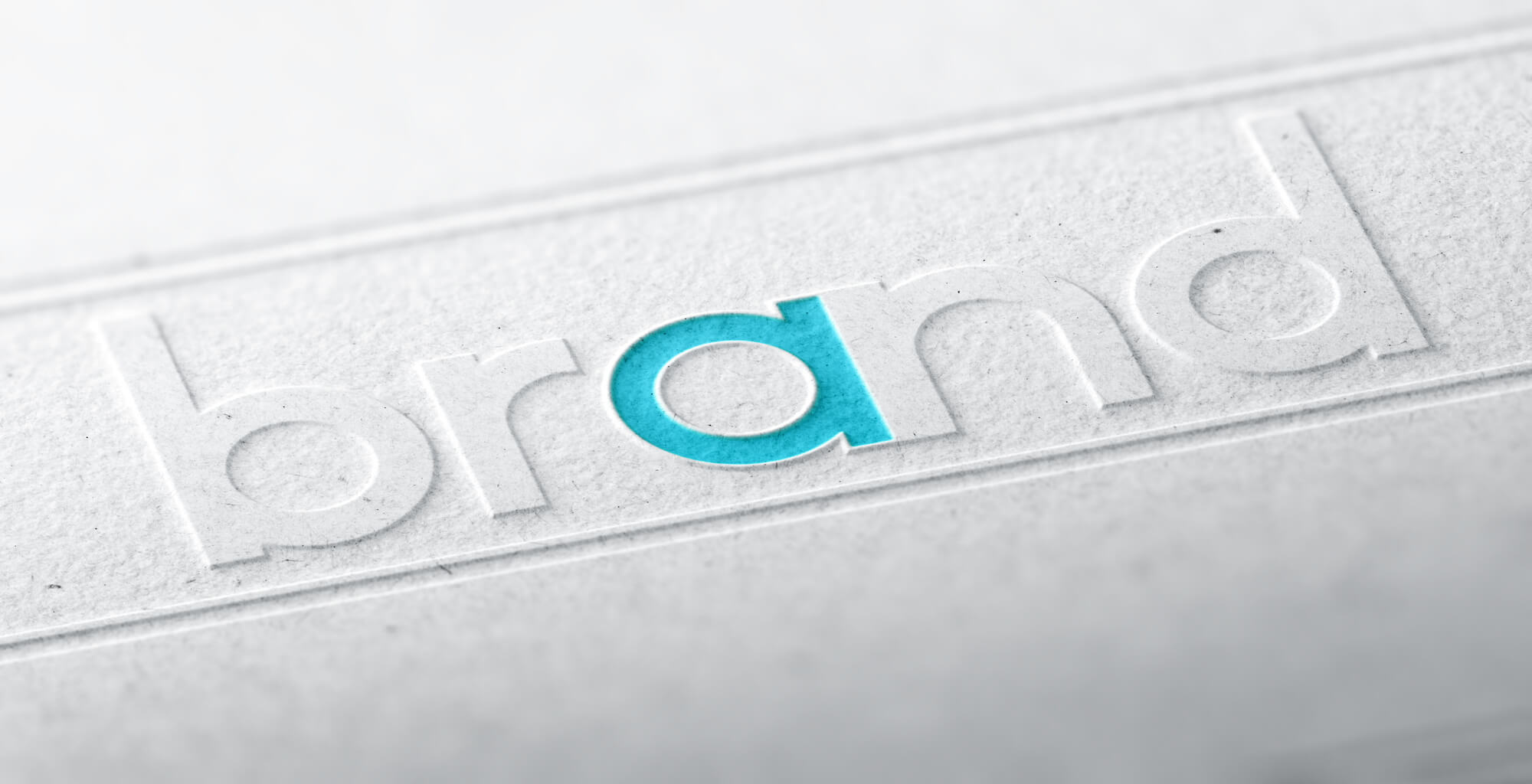3 Tools For Creating a Lasting Impression With Your Brand Strategy

Over 80% of customers buy from brands they trust. Customers trust a brand if they recognize it. Building brand recognition isn’t impossible, but you should have a strategy in place.
You’re likely already marketing your business, so you won’t have to create a brand out of nothing. Even if you don’t have a logo, custom design elements, or a brand kit, don’t worry! Discover how to build a strong branding strategy with this thorough guide.
Branding Strategy vs. Marketing Strategy
Marketing is all about ads, color schemes, and high-value content. Sure, you use a logo in your marketing, but that’s not branding, either. A big misunderstanding about branding is how it is differentiated from marketing.
A brand goes deeper than the short-term aspect of marketing. Whereas marketing focuses on short-term campaigns and projects, branding is a long-term strategy. It’s about the voice, personality, and messaging of your business.
A brand strategy establishes this voice with consumers, partners, and competitors. You might think you’re the best person to build this understanding, but you’d be wrong. Your perception of your brand isn’t about shares, likes, and other engagement types.
Marketing is a numbers game. Mentions, links, and social popularity are great for ROI. SEO and campaigns are also great for proving marketing value.
But for a strong brand, it’s more than a numbers game. It’s about the value of those numbers or relationships over results. Investing in branding means you’re ready to invest in the ‘who’ of your business.
The Importance of Branding
Now, you can distinguish branding strategy from marketing. Branding does offer concrete results. Those results are built on abstract concepts with practical applications.
Let’s breakdown the benefits of branding: brand recognition, trust, messaging, voice, and authority. Each of these branding concepts offers concrete benefits. See for yourself why and how.
Brand Recognition
For small business branding, what does recognition mean? It’s about standing out from competitors. It’s about emotional connection and immediate familiarity.
Your brand is a digital-first impression. Think of your website, social profiles, etc. as virtual calling or business cards. When you have a recognizable brand, customers and competitors remember you.
And yes, you can put a price on this recognition. When customers recognize you, your business’s perceived value increases. For example, picking a signature color for your brand kit can increase recognition up to 80%.
Trust and Authority
You already know customers buy from brands they trust. But how does that reflect your authority?
A strong brand is trustworthy because they own their corner(s) of a market. This means valuable, quality content.
Your ad campaigns can boost this authority with content like how-to videos and more. Your content marketing can include a series showcasing your industry expertise. Whether it’s think pieces and thought leadership or product applications, share it.
The more you offer valuable knowledge, the greater your authority. When customers trust the information you offer, they trust your authority. Partnering with other professionals can also communicate credibility in your industry too.
One special way to build authority is to trust your consumers, too. Customer feedback is a great way to build community.
You can use this community to share authentic, one-of-a-kind content.
Consistent Messaging
Building a brand for your small business means communicating clearly.
Messaging boosts recognition, trust, and authority. It’s an invaluable tool for generating customer loyalty and client relationships. Unclear communication muddies prospecting and lead generation, potentially increasing marketing costs.
Make the most of your marketing strategy starts with clear brand messaging. Share about new products, rebranding, making new partners, or growing as a business! Customers want to know about your brand.
Transparency and Authenticity
Putting a price tag on authenticity seems strange. But it’s possible, especially with your small business brand strategy. If customers trust a brand, it’s not just because of authority.
Where and how you’re transparent depend on your brand voice. Consistent messaging can direct how you communicate authenticity. Some companies are clear about operational costs because it builds trust.
Used properly, customers will recall your brand more readily. You’ll build loyalty and stand out from competitors, too.
Conclusion
Are you ready to put your branding strategy into action?
If you’re ready to start your business we can help. Get started today with a Free NUANS Preliminary Search and find a name you can build a brand around.

